We are increasingly inundated with the promise and peril of artificial intelligence (AI) and large language models (LLMs), such as ChatGPT, including with respect to the roles that they can and are playing in every aspect of legal and justice systems, from training of lawyers to practice to judging and assisting members of the public to access legal information and advice. This workshop series aims to explore various aspects of law and justice affected by AI, with particular focus on LLMs. The 5-part series will kick off with an explanation of large language models, followed by four further workshops each of which explores the use and implications of using AI and LLMs in a particular aspect of law and justice systems: legal practice, judicial decision making, law school education, and public legal education. It will incorporate practical, accessible information, advice and best practices, as well as exploring some of the more challenging ethical and philosophical issues associated with the integration of AI (especially LLMs) into the justice framework.
Understanding Large Language Models (March 18, 2024)
Speaker’s Biography

Mark is the Chief AI Officer at Western University and a full professor in the Department of Computer Science with cross-appointments in five other departments, The Rotman Institute of Philosophy, and The Western Institute for Neuroscience. He is also a faculty affiliate of Toronto’s Vector Institute for Artificial Intelligence. Mark has previously served as the Vice-President (Research) at the Canadian Institute for Advanced Research (CIFAR), and Chief Digital Information Officer, Special Advisor to the President, and Associate Vice-President (Research) at Western. Mark is the past chair of Compute Ontario and serves on a number of other boards.
Summary
This workshop is the first in a multi-part ACT Project series entitled “AI, Large Language Models and Justice: Considerations for Legal Practitioners, Judges, Law Schools, and Public Legal Educators”. This first session is intended to provide a base line of foundational information relating to AI and LLMs. In it, Dr. Mark J. Daley, Chief AI Officer at Western University and a Full Professor in the Department of Computer Science, will contextualize LLMs within the broader context of AI. Among other things, Dr. Daley will offer accessible insights into how LLMs work, what they can be used for and their limitations.
Large Language Models and Law Schools (March 27, 2024)
Speakers Biographies
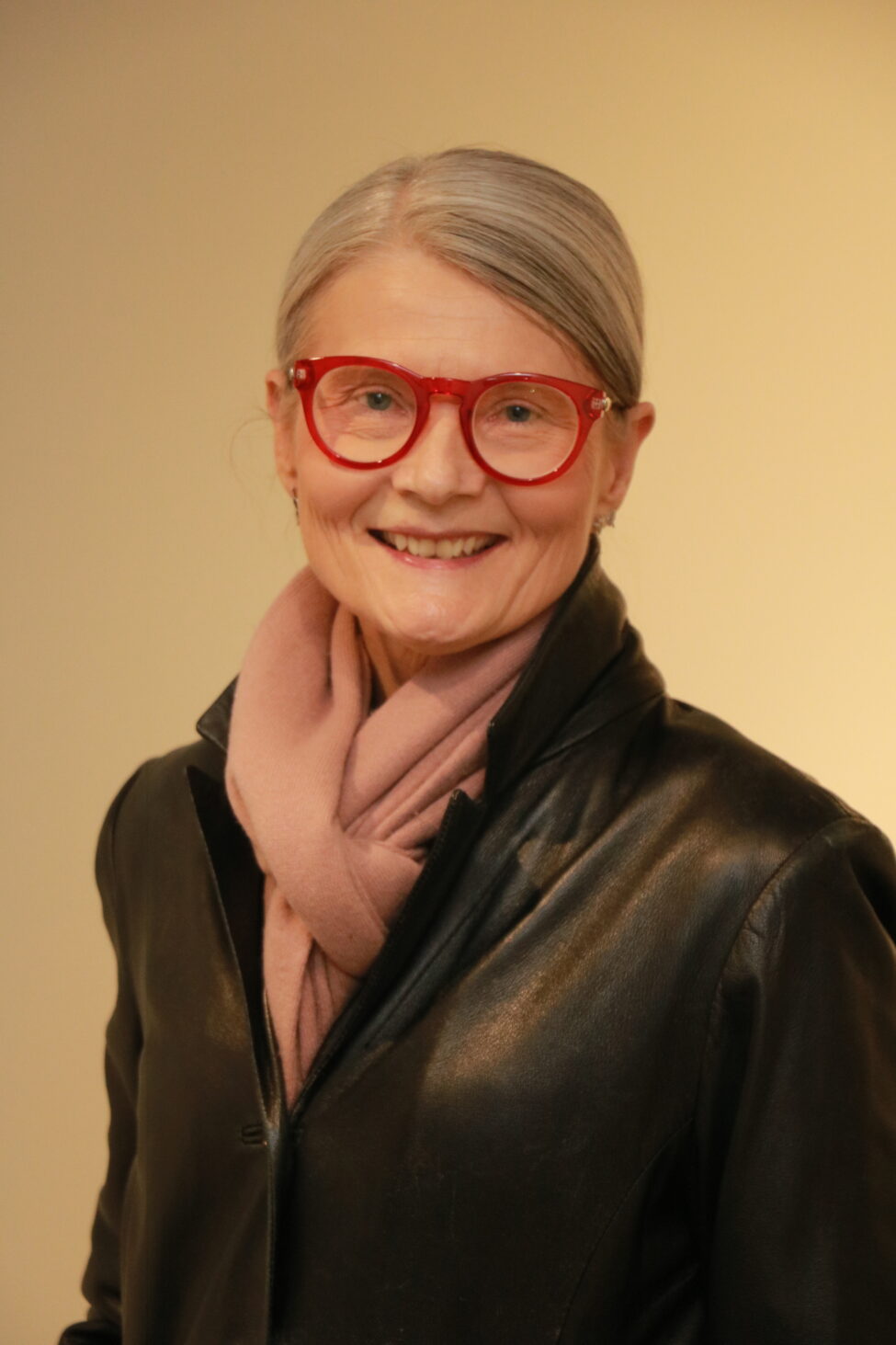
Jane Bailey is a Full Professor of Law at the University of Ottawa where she teaches Cyberfeminism, Technoprudence and Contracts. She co-leads Working Group 3 of the Autonomy Through Cyberjustice Technology (ACT) Project, a 5-year SSHRC-funded partnership initiative led by Karim Benyekhlef of the Université de Montreal that aims to explore whether, and if so, how AI could improve access to justice. She also co-leads The eQuality Project, a 7-year SSHRC-funded partnership initiative focused on young people’s experiences with privacy and equality in digitally networked environments, leading the Project stream on tech-facilitated violence. Her interdisciplinary, international and intersectoral collaborations include co-edited open access publications eGirls, eCitizens, eAccess to Justice, and The Emerald International Handbook on Technology-facilitated Violence and Abuse. She has received numerous honours in recognition of her work, including being appointed to the Canadian Delegation for the UN Commission on the Status of Women (2023), the Ontario Information & Privacy Commissioner Strategic Advisory Council (2022), the International Advisory Group for an Australian Research Council Fellowship Project (2022), and the New College of the Royal Society of Canada (2016-2023), and received the Canadian Bar Association’s Ramon John Hnatyshyn Award for Law (2016). Professor Bailey is a member of the Bar of Ontario and served as a law clerk to the Honourable Mr. Justice John Sopinka at the Supreme Court of Canada. She has also been a Visiting Professor at the University of Hong Kong, Royal Melbourne Institute of Technology, and the Universidad de Puerto Rico.
Professor Pavlovic is a member of the Centre for Law, Technology and Society and is the coordinator of the Law & Technology and the Dispute Resolution and Professionalism options. She holds a law degree from the Faculty of Law at the University of Belgrade (Serbia), an LL.M with concentration in Law & Technology from the University of Ottawa, and is called to the Ontario bar.


Wolfgang Alschner is an empirical legal scholar specialized in international economic law and the computational analysis of law. He holds the Hyman Soloway Chair in Business and Trade Law. His new book, Investment Arbitration and State-Driven Reform: New Treaties, Old Outcomesnorth_eastexternal link, recently published with Oxford University Press (2022), explores how a new generation of international investment treaties has been rolled back in investment arbitration practice. Professor Alschner is an Associate Professor at the Common Law Section with cross-appointment to the Faculty of Engineering, School of Electrical Engineering and Computer Science. He is also a faculty member of the Centre for Law, Technology and Society at the University of Ottawa and heads the uOttawa Legal Technology Lab.
Summary
This workshop is the second in a 5-part ACT Project series entitled “AI, Large Language Models and Justice: Considerations for Legal Practitioners, Judges, Law Schools, and Public Legal Educators”. This second session will explore some of the theoretical and practical concerns surrounding use of LLMs in law schools. In it, three professors from the University of Ottawa Faculty of Law (Common Law Section), Marina Pavlovic, Wolfgang Alschner and Jane Bailey will engage in a conversation moderated by Dr Jacquelyn Burkell, Assoc VP Research at Western University. Topics to be discussed will include creative and innovative uses of LLMs in law school teaching, learning and research, as well as related ethical issues and practical approaches for addressing them.
The Use of Large Language Models and AI in Law Practice (April 18, 2024, 12:30)
Zoom Registration
https://umontreal.zoom.us/j/81497250371?pwd=OXA2LzJiZE5va2hnT0ZjbGN6VXdIUT09
ID: 814 9725 0371
Password: act
Speakers Biographies
Amy Salyzyn is an Associate Professor at the Faculty of Law, University of Ottawa. Professor Salyzyn has written extensively in the area of legal ethics, lawyer regulation, technology in legal service delivery and access to justice. Prior to entering academia, Professor Salyzyn received her J.S.D. and LL.M. from Yale Law School and her J.D. from the University of Toronto Law School, where she was awarded the Dean’s Key upon graduation. Before coming to the University of Ottawa, Professor Salyzyn also served as a judicial law clerk at the Court of Appeal for Ontario and practiced at a Toronto litigation boutique.
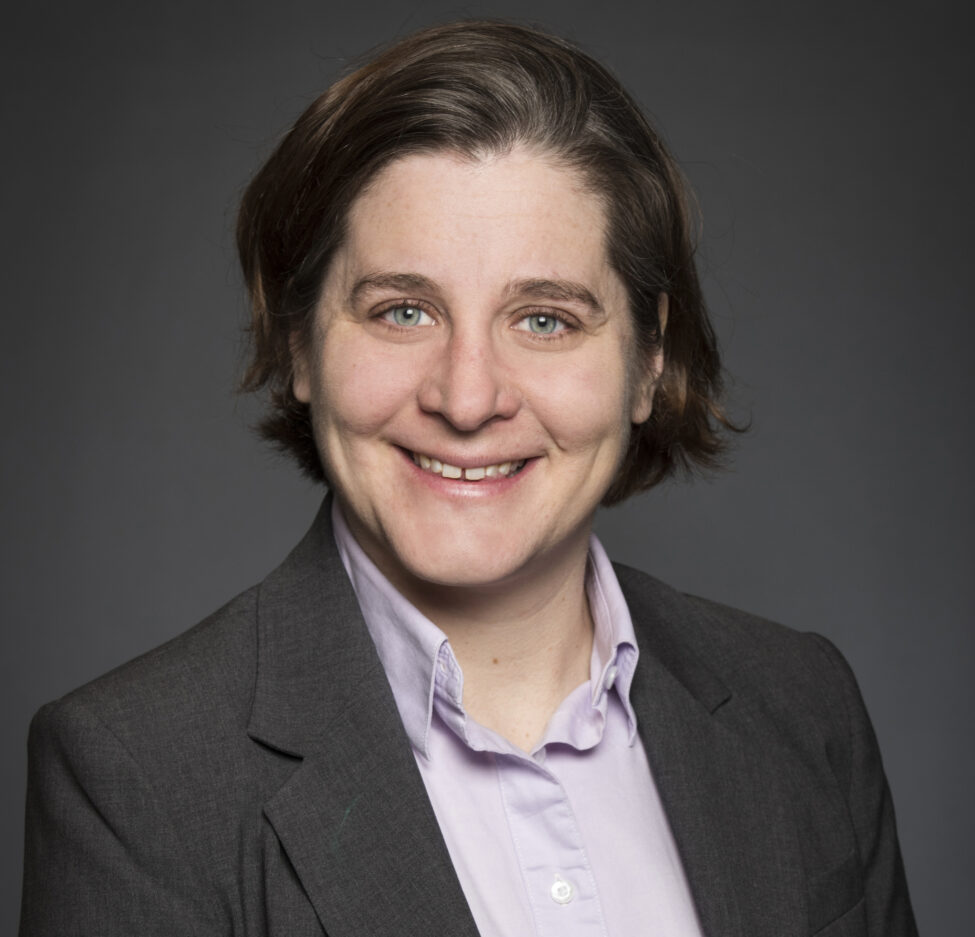

Dr. Katie Szilagyi is an Assistant Professor at the University of Manitoba’s Faculty of Law. Katie studies the intersection of technology law and legal theory with artificial intelligence. She focuses on transdisciplinary research, combining her educational backgrounds in engineering and law with her experience in legal practice. Dr. Szilagyi holds a BSc in Engineering, as well as JD, LLM, and PhD degrees in law. Recent research projects include smart agriculture; social robotics; science fiction and the law; ethical frameworks for automated mobility; and conceptualizing the impacts of generative AI on the law.
Summary
This workshop is the third in a 5-part ACT Project series entitled “AI, Large Language Models and Justice: Considerations for Legal Practitioners, Judges, Law Schools, and Public Legal Educators”. This third session will explore the use of AI and LLMs in legal practice. In it, Professor Amy Salyzyn Associate Professor at the University of Ottawa Faculty of Law (Common Law Section) and Dr. Katie Szilagyi, Assistant Professor at the University of Manitoba Faculty of Law. Both speakers are regularly engaged in legal professional training and education sessions and are well recognized for their expertise relating to the uses of AI and LLMs by legal practitioners, and the promise and perils of these technologies in relation to professional ethics, access to justice, and the integrity and rule of law.
AI and Judging (May 7, 2024, 4:30PM)
Speaker’s Biography
Professor Sourdin is President of the Academic Senate at the University of Newcastle in Australia. She is the author of more than 140 books, articles and papers, that are focussed on justice reform issues and has presented on a range of topics including justice innovation, artificial intelligence and technology and law.
She has had a number of projects that have explored the use of AI in the justice system and the role of a human judge. Her book “Judges, Technology and AI” was published in 2021.

Summary
This workshop is the fourth in a 5-part ACT Project series entitled “AI, Large Language Models and Justice: Considerations for Legal Practitioners, Judges, Law Schools, and Public Legal Educators”. This fourth session will explore the use of AI and LLMs in the judicial decision making process. Professor Tania Sourdin, Dean and Head of School at the University of Newcastle Law School in Australia, and author of Judges, Technology and Artificial Intelligence (2021), will provide her expert insights on some of the foundational questions relating to the role of judges and the implications and considerations associated with the use of AI in judicial decision making.
AI and Public Legal Information & Education (May 16, 2024, 12:30PM)
Speaker’s Biography
Jinzhe Tan is a PhD candidate at the Faculty of Law of the Université de Montréal, where he works as a research assistant at the Cyberjustice Laboratory. His research focuses on artificial intelligence and law, access to justice, and judicial behavior. He explores how artificial intelligence can be responsibly integrated into the justice system to improve its accessibility and reduce bias and inequality. He has published and presented his research at several international conferences, and his contributions have been recognized by the ICAIL 2023 workshops, and International Conference on Legal Knowledge and Information Systems (JURIX) 2023, where his co-authored paper won the Best Paper Award.
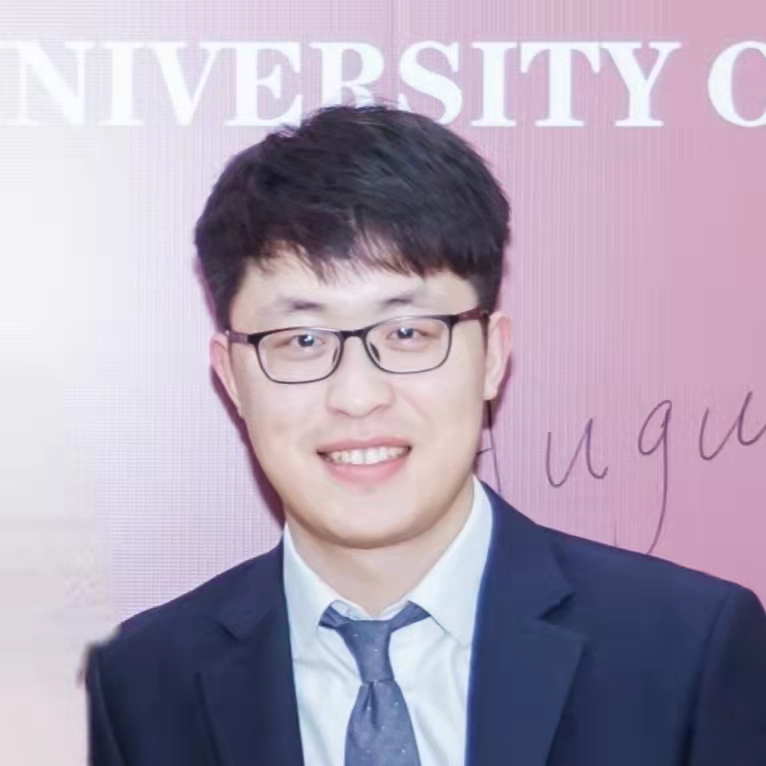
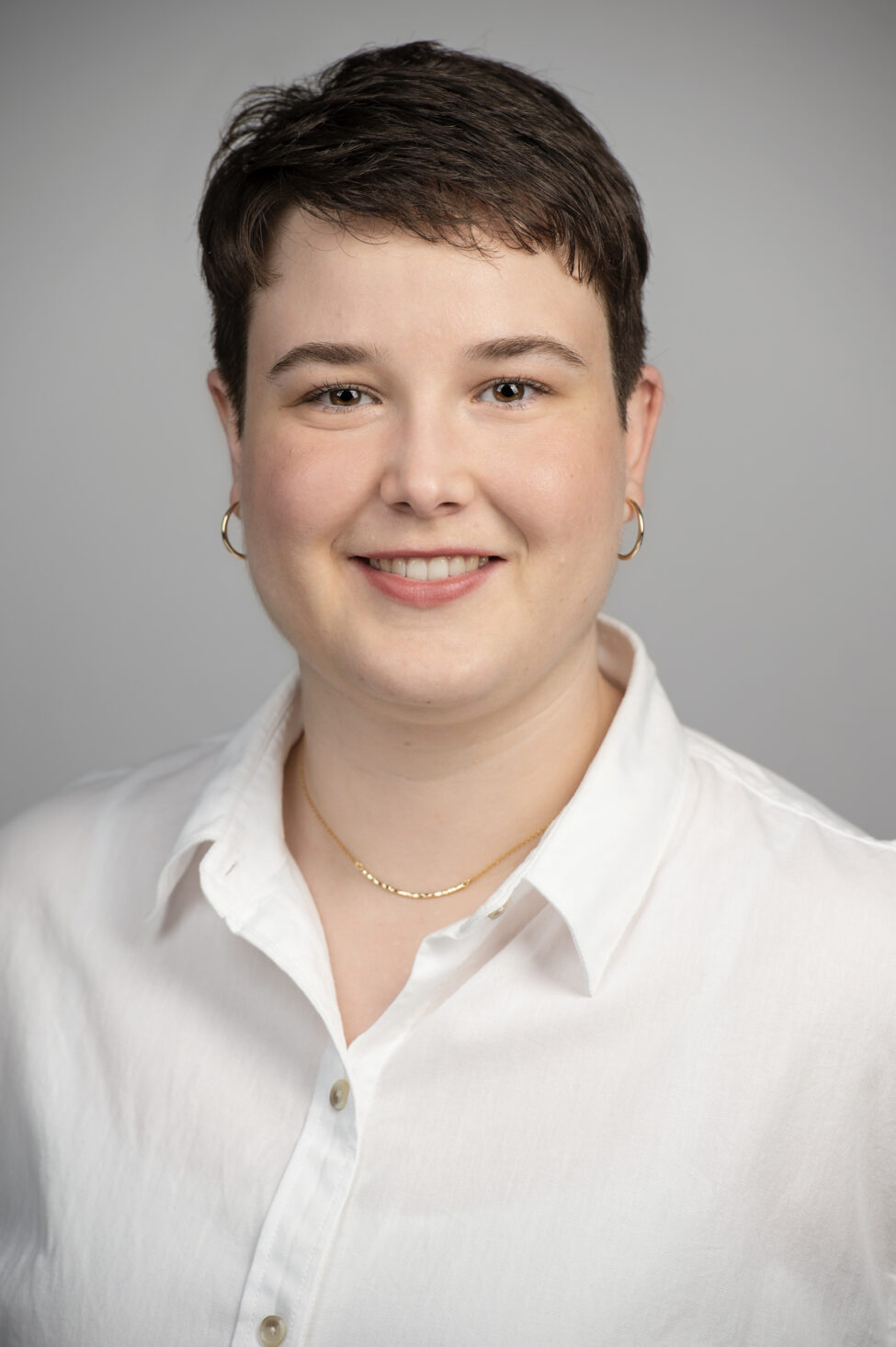
Me Rebecca Schur creates legal information and legal education content at Éducaloi. Éducaloi is an independent registered charity with over 20 years of experience serving the population of Quebec. Éducaloi’s mission is to explain the law in everyday language and help people build skills for navigating legal situations. Rebecca is a member of the Barreau du Québec and has degrees in rhetoric and communications as well as in civil and common law.
Erik Bornmann is the Director, Guided Pathways at CLEO (Community Legal Education Ontario / Éducation juridique communautaire Ontario). CLEO develops practical legal education and information to help people understand and exercise their legal rights. At CLEO, Erik leads the Guided Pathways group, which develop and operate direct-to-public online tools for document assembly and public legal information. Before joining CLEO, Erik worked as a litigation lawyer at the Community Legal Clinic – Simcoe, Haliburton, Kawartha Lakes, a general service poverty law clinic in Ontario.
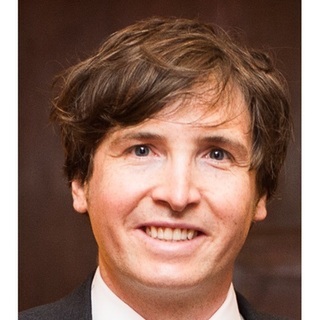
Summary
This workshop is the final one in a 5-part ACT Project series entitled “AI, Large Language Models and Justice: Considerations for Legal Practitioners, Judges, Law Schools, and Public Legal Educators”. This fifth session will explore the ways in which AI and LLMs can and are being used to facilitate improved access to justice through provision of legal information and education. In it, University of Montreal PhD student Jinzhe Tan will join Me Erik Bornmann from Community Legal Education Ontario and Me Rebecca Shur from Educaloi in a discussion moderated by Professor Jane Bailey of the University of Ottawa Faculty of Law (Common Law Section). Mr Tan’s research focuses on AI and law, including a co-authored publication “ChatGPT as an Artificial Lawyer” and involvement in the Cyberjustice Laboratory team that created JusticeBot, an AI tool to simplify public access to legal information. CLEO and Educaloi are leading public legal information and knowledge providers in Ontario and Québec. Topics to be discussed will include defining the line between legal information and legal advice, and best practices for use of AI to improve access to justice by increasing the public accessibility of legal information.
Ressources shared by the speakers
Mr. Jinzhe Tan
- The Cyberjustice Laboratory’s JusticeBot
- Using Artificial Intelligence to Increase Access to Justice, Prof. Hannes Westermann’s Thesis.
- ChatGPT as an Artificial Lawyer?
- Bridging the Gap: Mapping Layperson Narratives to Legal Issues with Language Models
- The Access to Justice Lab’s website
Me Rebecca Shur
- Éducaloi’s website
- Éducaloi – Éducation juridique’s website
- Artificial Intelligence: How to harness it (for good) for public legal education
- Scary-good legal chatbot for BC’s video
- People’s Law School’s website
Me Erik Bornmann
- CLEO’s website
- Steps to Justice’s website
- CLEO Connect’s website
- AI & Legal Information Database
- Putting AI to the Test for Legal Services Podcast
Ce contenu a été mis à jour le 16 mai 2024 à 16 h 31 min.
